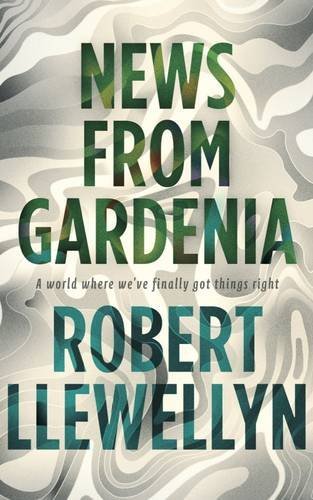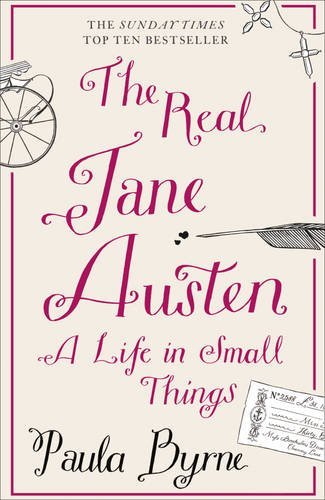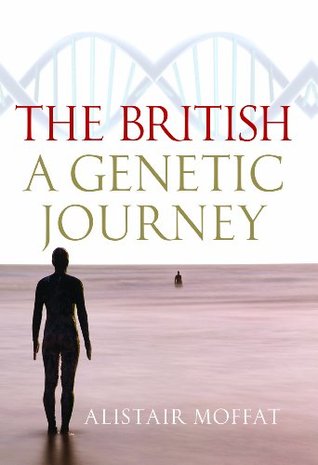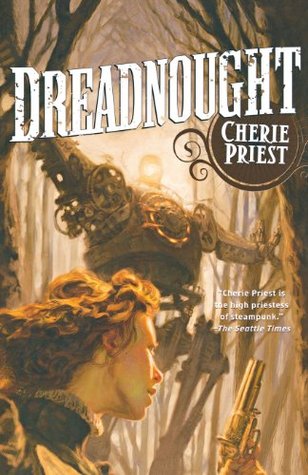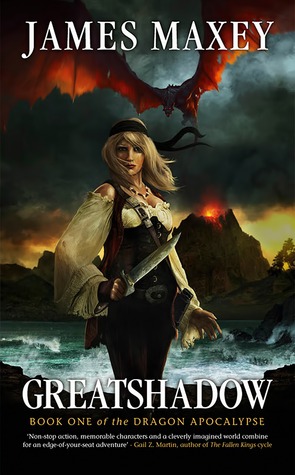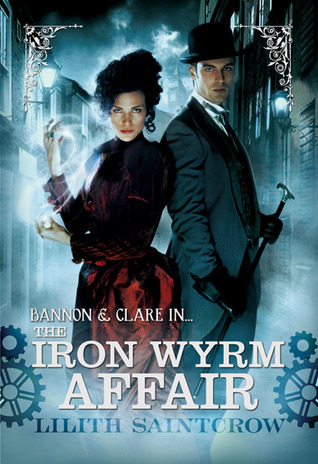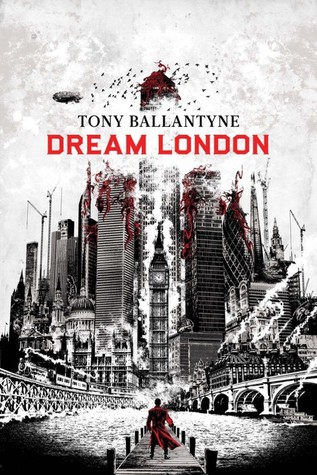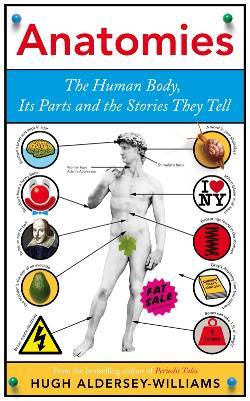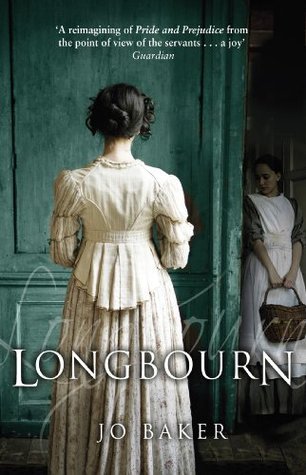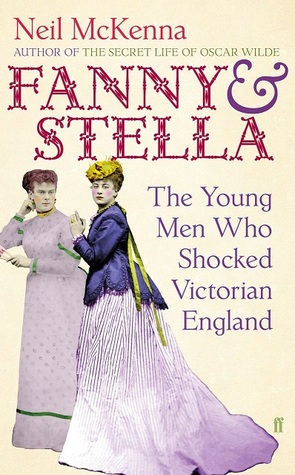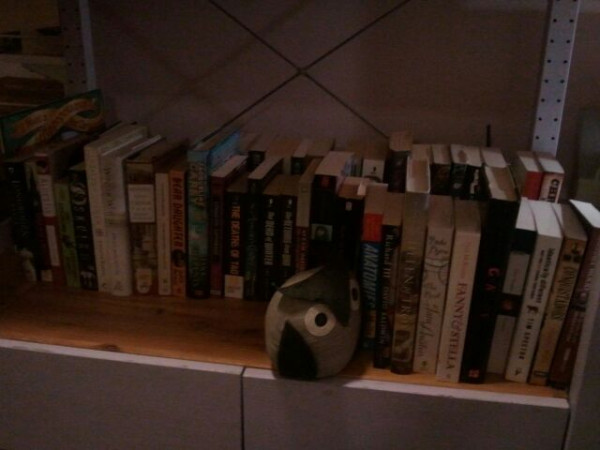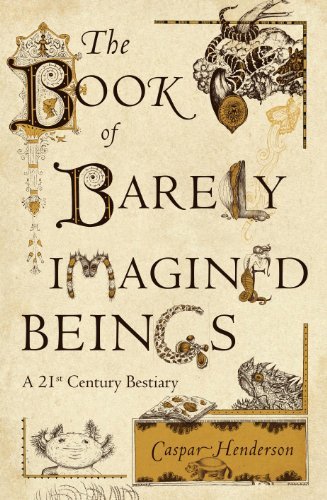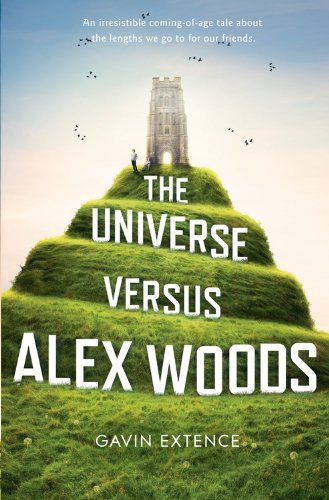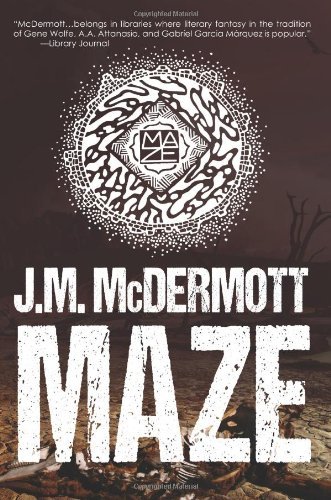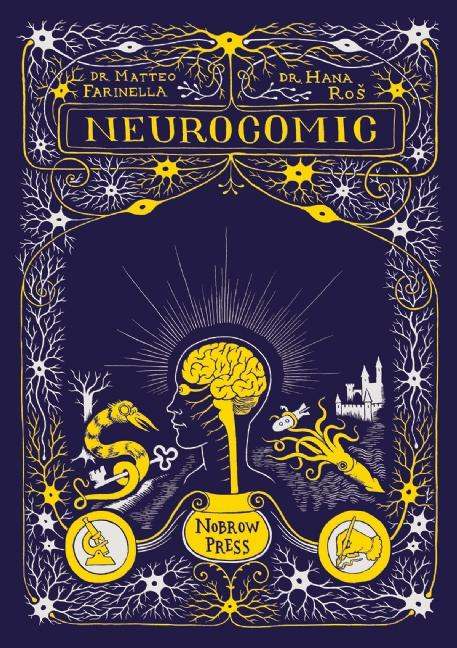Slow Fall to Dawn, Stephen Leigh
Slow Fall to Dawn is the first book of a trilogy. The basic premise is a sort of feudal clan/guild based system, and we’re following a guild of assassins within it. They have a very specific code, and are completely neutral, but naturally there’s a lot of bad feeling stirred up by a guild of murderers, particularly as they remain neutral (even as that makes them useful to everyone), and the book follows the course of a few events that threaten the stability and perhaps even the existence of the guild.
It’s a short book, and a fast read. There’s some clunky aspects — for example, mentioning something as a minor background point and then bashing you over the head with its relevance in the next chapter. (Although then it didn’t really seem to be that important at all…) But mos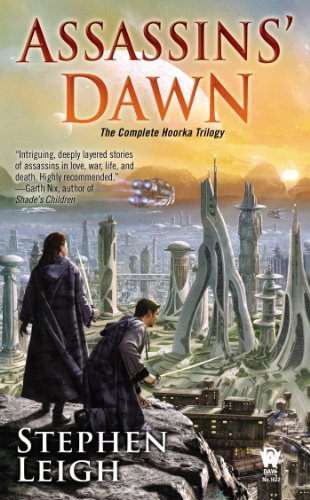 tly it flows very smoothly and while I wasn’t exactly sympathetic to the characters, I understood them and was interested in their conflicts and dilemmas.
tly it flows very smoothly and while I wasn’t exactly sympathetic to the characters, I understood them and was interested in their conflicts and dilemmas.
The author cleverly avoids issues of it being an unrealistic science fiction future (i.e. one that’s been well outpaced by reality) by having it set after a civilisation collapse. It’s not the sort of SF that feels like fantasy; it does manage to feel like a world, a society, that has progressed and regressed and generally evolved over time.
I actually picked up this book (in the omnibus form) in Belgium, while I was doing a little experiment and only getting books I’d never heard of before, preferably by authors who were new to me too. In this case, I won’t hungrily seek out every book Stephen Leigh might ever have written, but I will happily finish this series.
Dance of the Hag
Dance of the Hag kept my attention well, considering I enjoyed but wasn’t that enthusiastic about the first book. Leigh is a better risk taker than I expected, not willing to take the easy way out, and I was also impressed that he managed to make an impersonal character like the Thane of the first book into someone we worry about personally.
I like the political background, too — it feels as if Leigh spent some serious time thinking about how exactly his society would work, so that while you might not know everything about it, everything works according to the internal logic of it.
It remains a smooth, easy read, and I was surprised (and pleased) that it did actually include a brief (very brief) reference to an LGBT relationship by a main character.
A Quiet of Stone
Damn.
That was not the ending I wanted. However, it makes perfect sense with the build-up. Leigh doesn’t go for any easy way out, as I already observed: we’ve been building towards this for the whole trilogy, and Leigh takes us there. It’s also a credit to his skill that where I wasn’t that enthusiastic about the first two books, with the third I actually had to make myself finish because I didn’t want to reach the end, which didn’t for a moment seem like it could be a happy one.
So yeah, this series is surprising, interesting, and worth picking up, I think I’d have to say. It’s still a fast read, and it took time to get hooks into me, but once it did, I couldn’t stop reading.
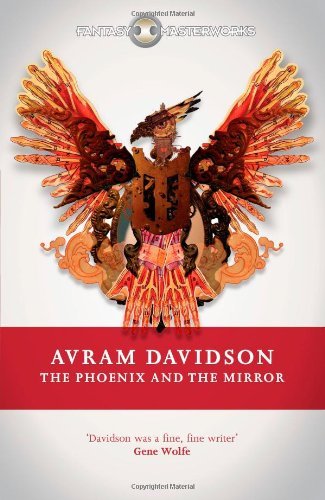 The Phoenix and The Mirror, Avram Davidson
The Phoenix and The Mirror, Avram Davidson
